Trauma has provided the fuel to light many a nightmare afire for contemporary horror films as of late. Cursed objects, demonic presences, slimy monsters all step in to haunt damaged characters as gnawing metaphors, but there are filmmakers, though few, who will confront the pain headfirst. Metaphors can be very powerful, but there is a special kind of horror that blooms from the journey of a damaged character choosing to find healing and solace. Filmmaker Avalon Fast (Honeycomb) places trauma as the main ingredient for a surreal, sinister brew of witchcraft, queer self-discovery, and female empowerment in CAMP.
The centerpiece film at the 2025 Brooklyn Horror Film Festival, CAMP is the perfect amalgamation of the new wave of indie horror projecting lo-fi hallucinations onto the big screen. Always dreamy and covered in a gauzy sheen, CAMP focuses on Emily (Zola Grimmer), a quiet and seemingly introverted teenager who is already haunted by a traumatic event in her past. Not long after, Emily once again experiences another terrible loss, which sends her deeper down the dark hole in which she already dwelled. When her father recommends she join a summer camp for damaged youth as a counselor, she gives it a shot, unknowingly setting off towards a surreal confrontation with her guilt and grief. And making some strange, witchy friends along the way.
Though it deals with some quite heavy themes, Fast’s light touch keeps the narrative flowing breezily as Emily’s character melds with the strange counselors who take a special interest in her in an intimate way. Alice Wordsworth as Clara and Cherry Moore as Rosie are of special note, both of them intense presences breathing life into Emily, and thus the film’s narrative. Not only is Fast exploring trauma but they also find a path towards queer romance for Emily as her relationship with Clara seems to blossom into something more than friendship. The thoughtful and ethereal performances from the young girls help all these elements coalesce into a fully-formed narrative where queerness and magic work together towards healing.
Moody to an extreme, the film takes great care to create an atmosphere that is at once eerie but also strangely inviting. The gauzy dreamlike cinematography is a boon to the already atmospheric quality of the summer camp location, surrounded by dense woods and stunning green landscapes. Small, hallucinatory manipulations to the environments (an otherworldly sparkling night sky, vibrant and overstaturated sunsets, shooting stars flying outside a moonlit window) and even animation heighten the dreamy quality of the film, suggesting that this so-called “Christian” camp is not at all what it seems.
Fast crafts an odd and loose witch tale where horror empowers the characters rather than providing chills and thrills. The film’s most disturbing moments come as Emily is forced to confront the horrors of her past, and even then these moments serve to move her journey forwards instead of taking advantage of her pain to frighten an audience. Make no mistake, these witches are very much in league with the Devil, defiling Christian men and defying religion, but their goal is much more spiritual than destructive. This is a film concerned with sacrifice, growth, and coming to terms with soul-crushing trauma, all beautifully filtered through girlhood and queerness. Witchcraft has never been so welcoming.



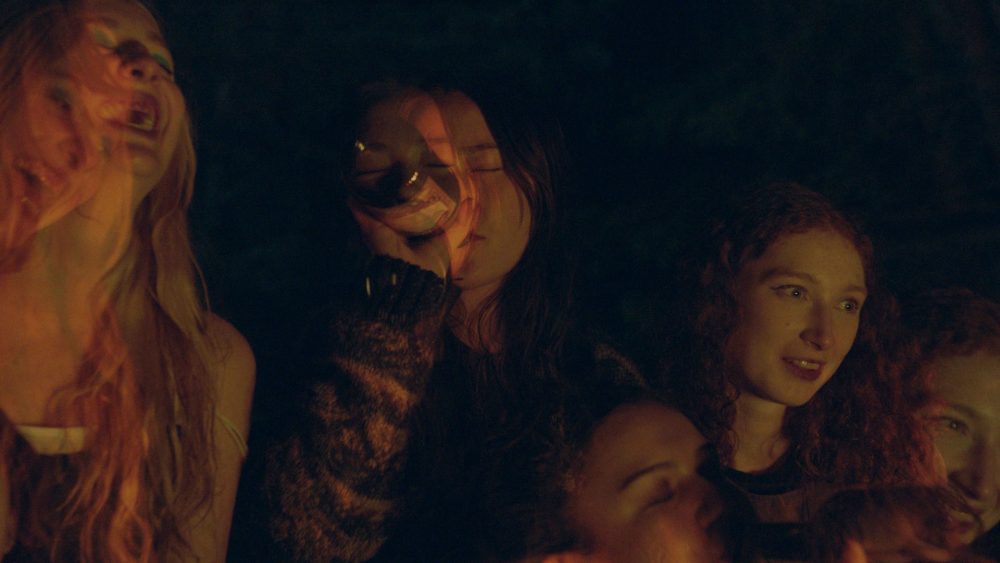



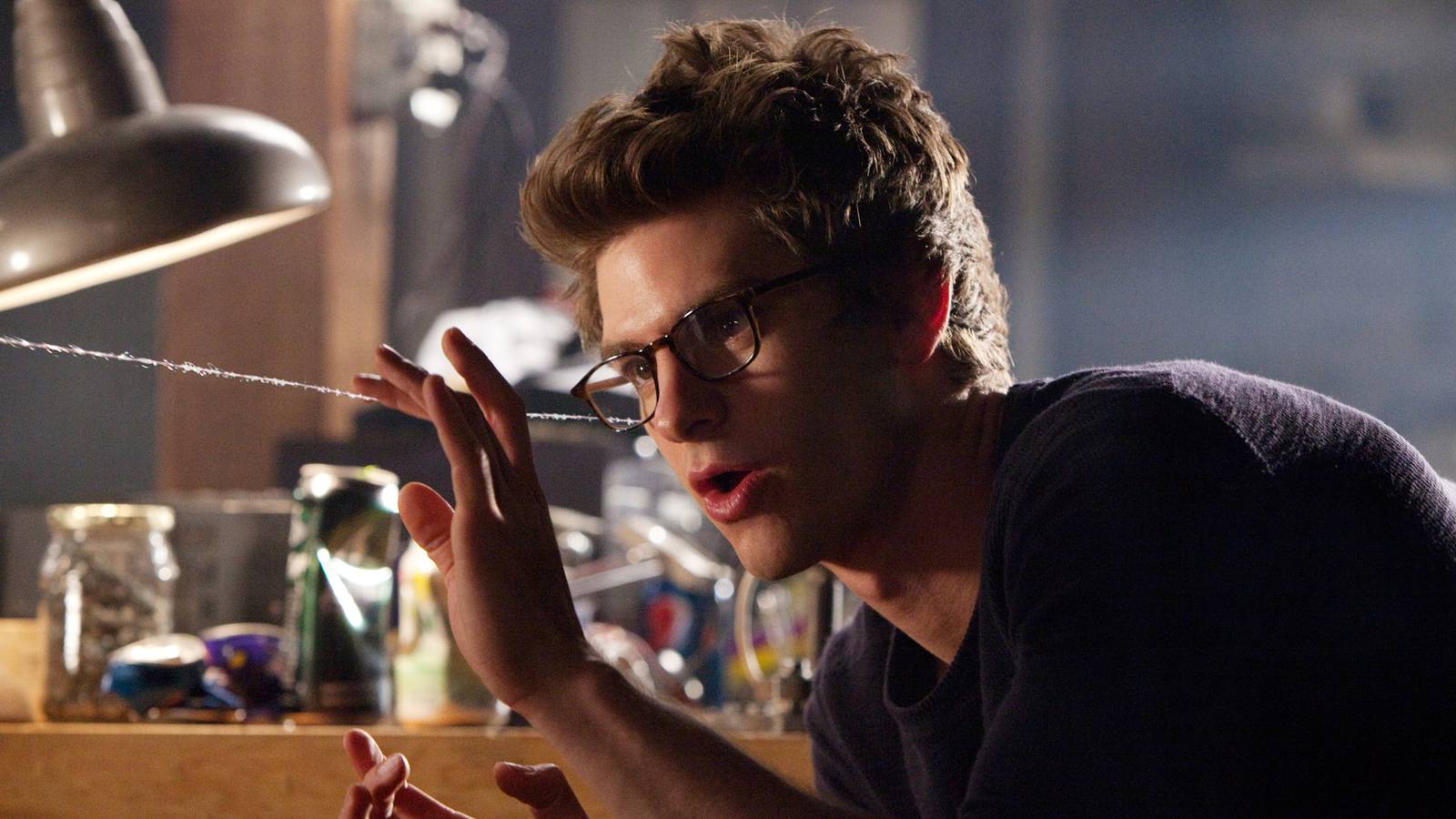

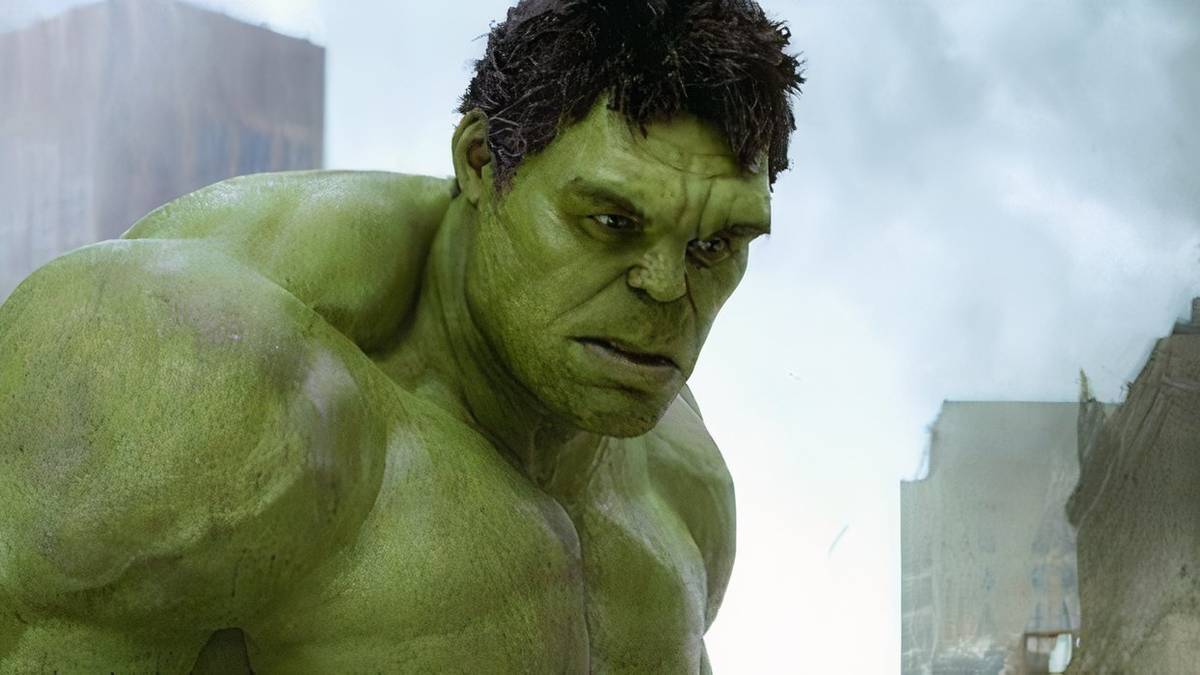

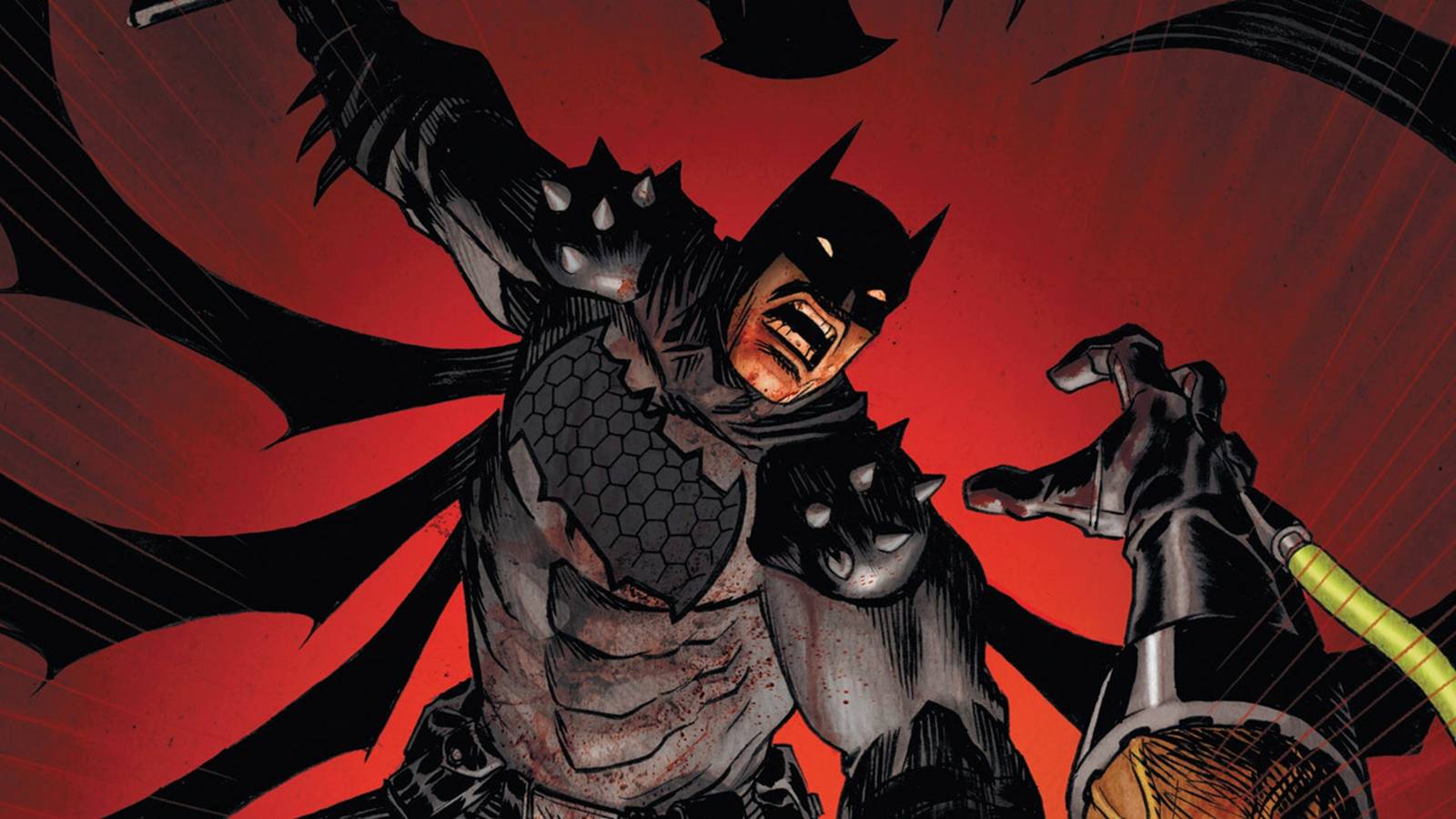
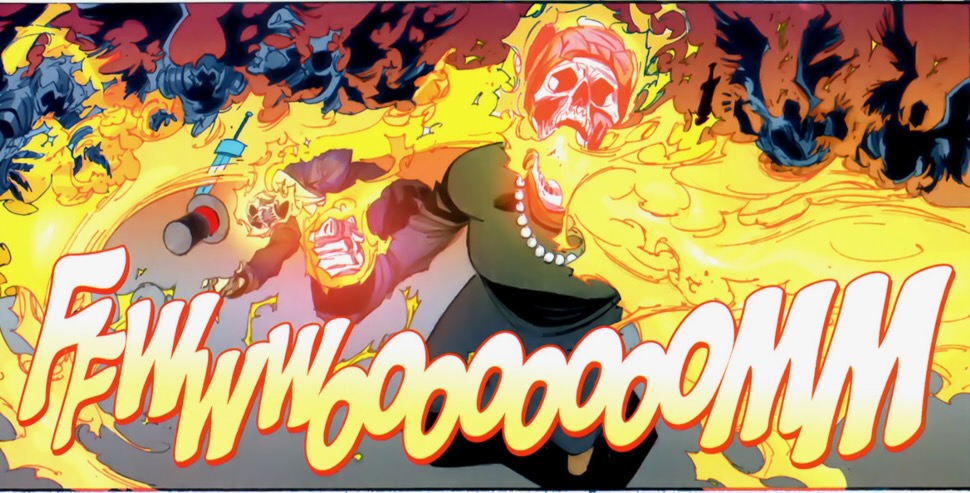
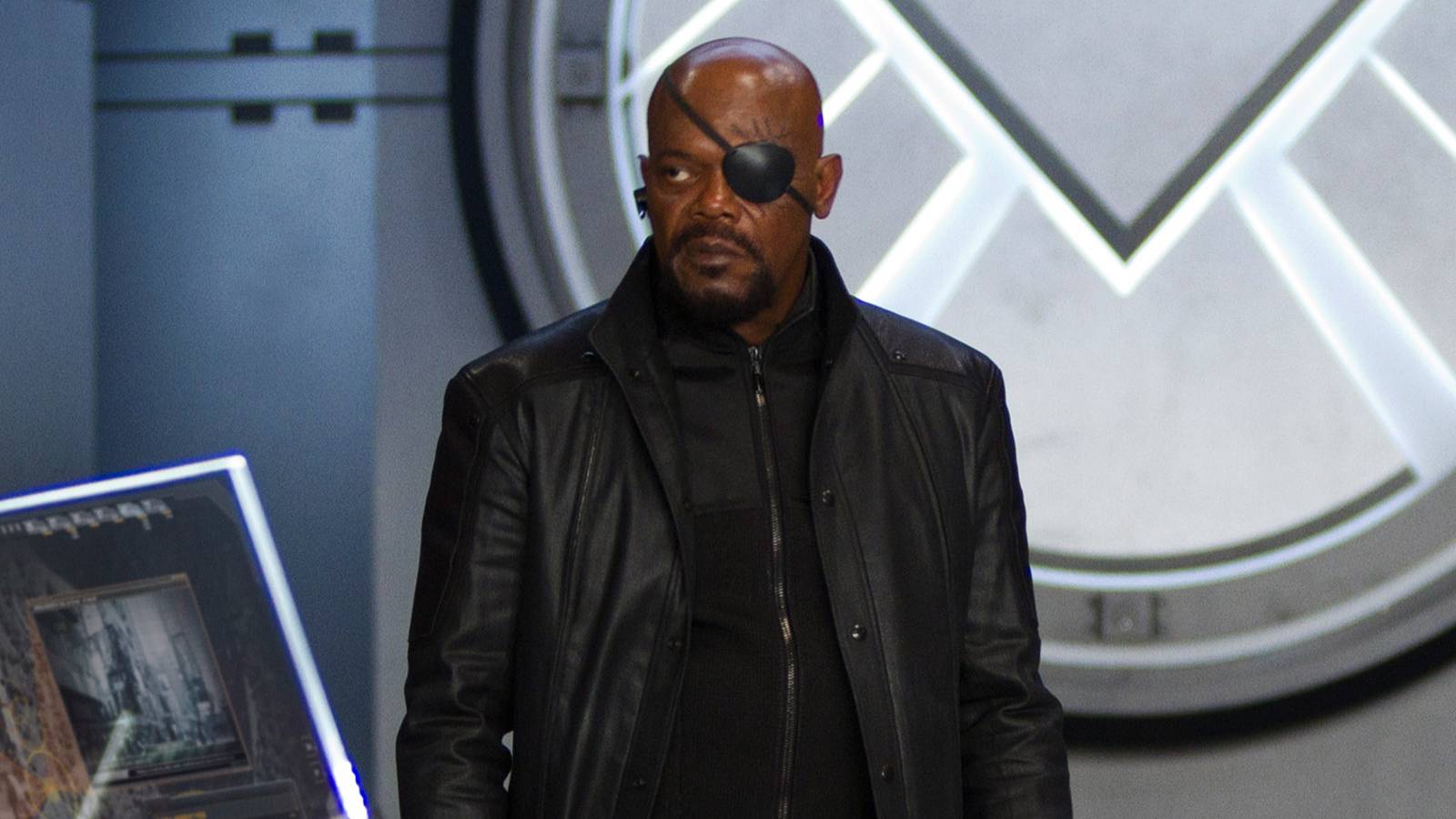
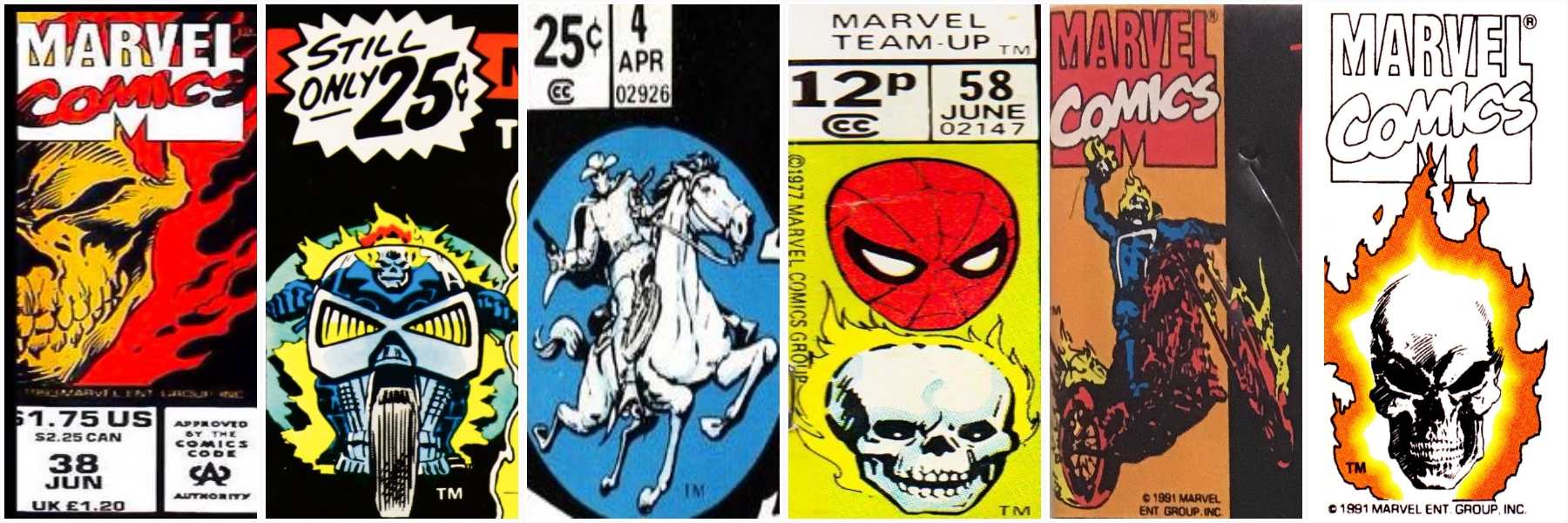


![Ghost of Yōtei First Impressions [Spoiler Free]](https://attackongeek.com/wp-content/uploads/2025/11/Ghost-of-Yotei.jpg)


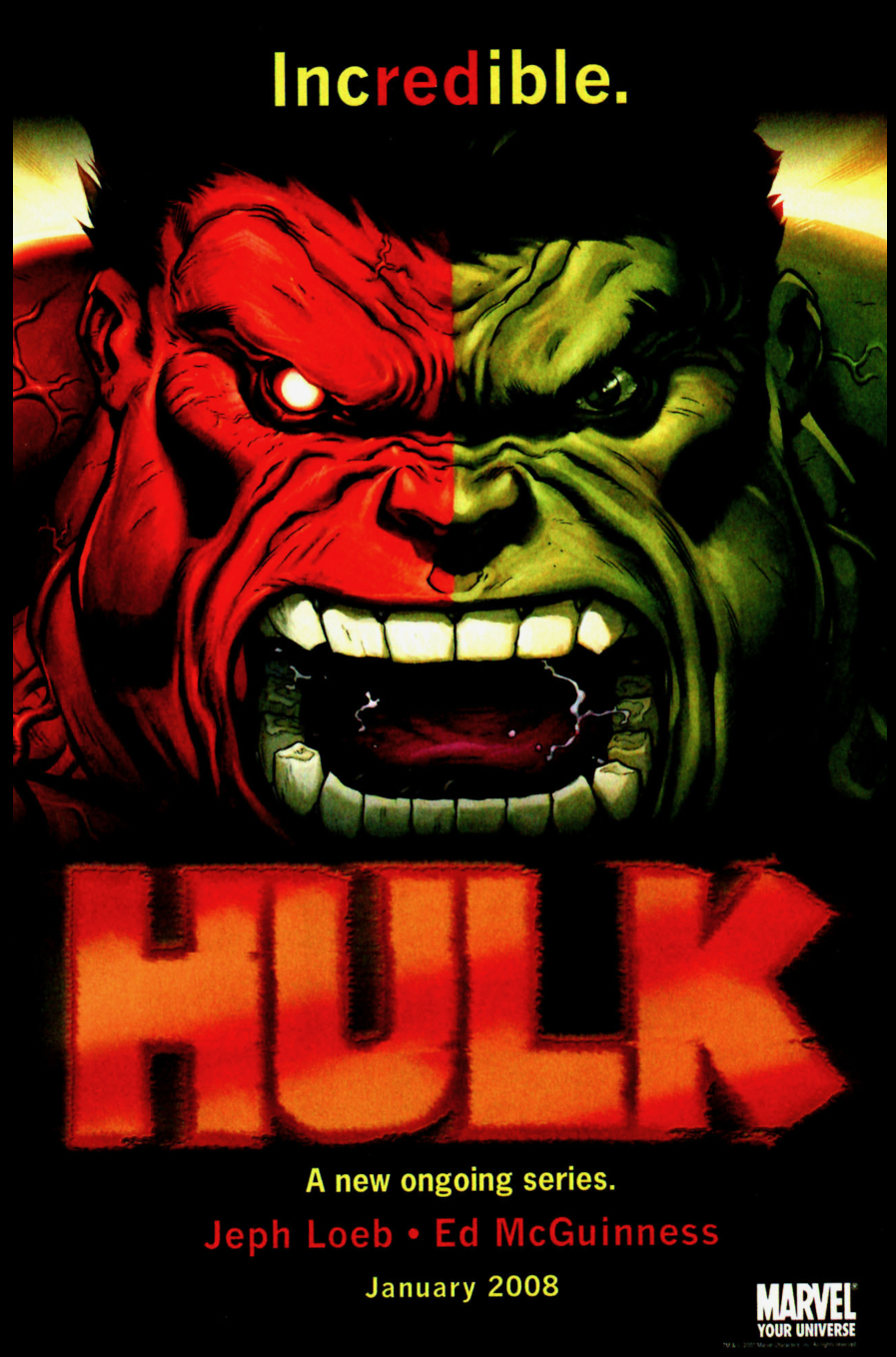
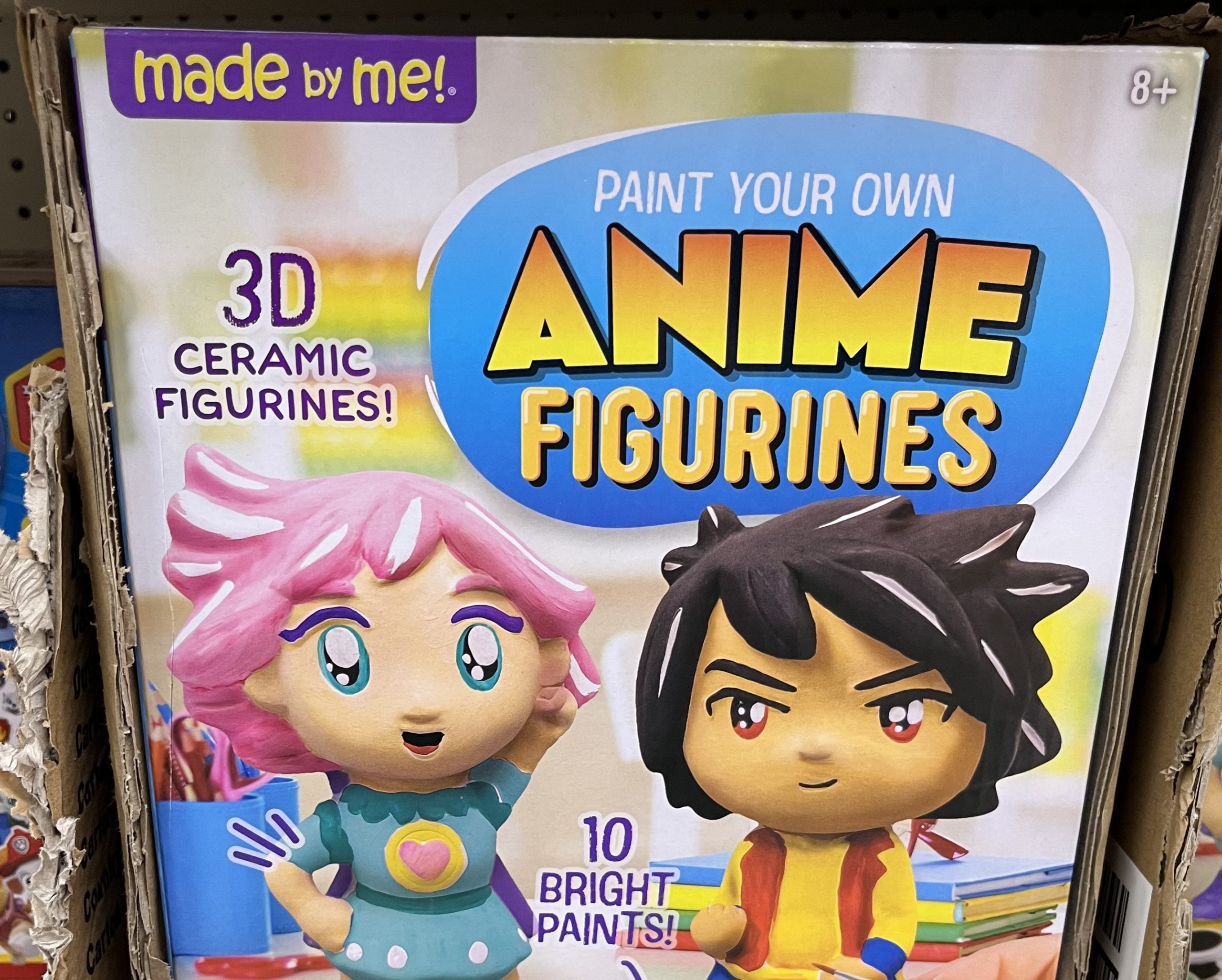
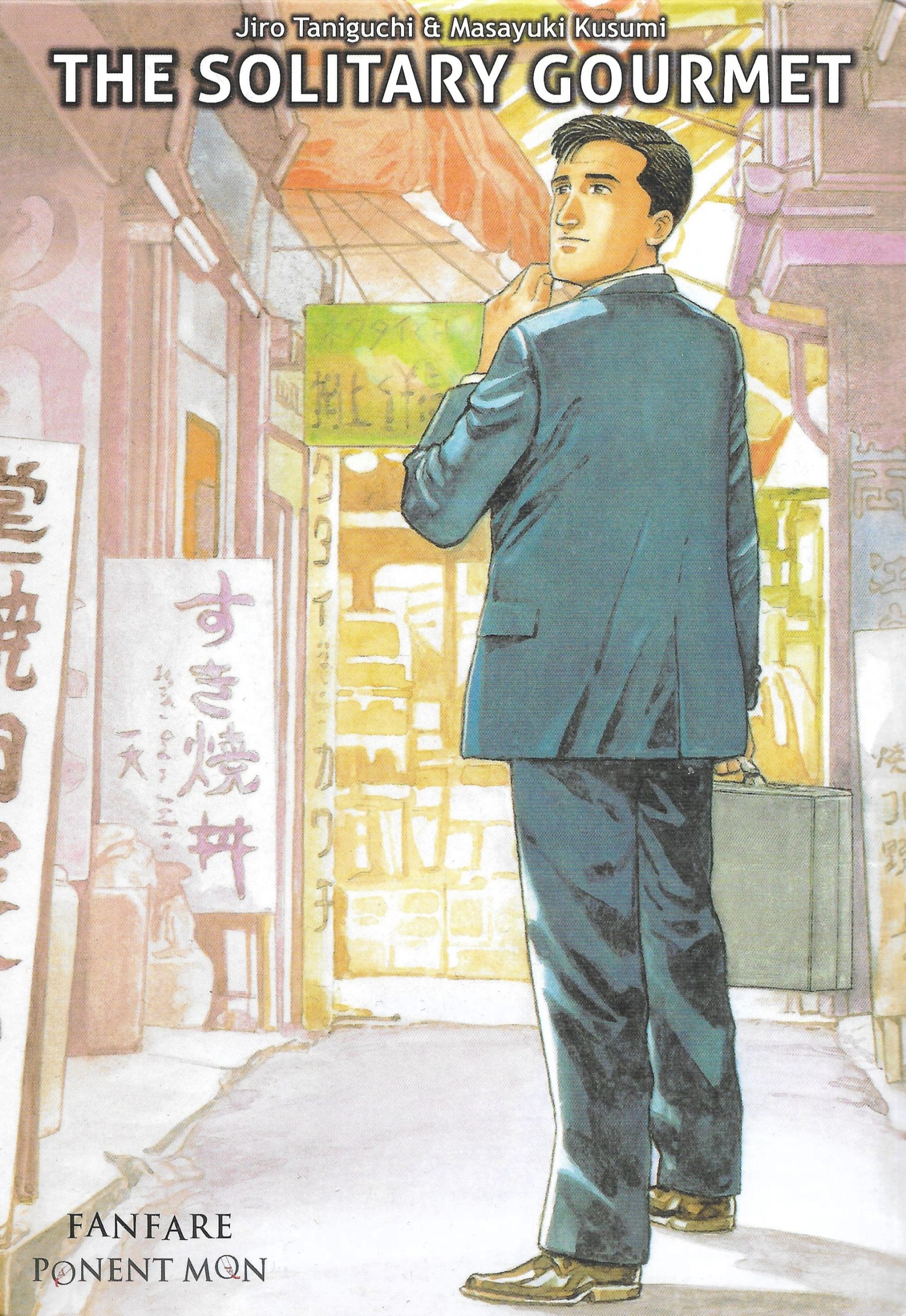
 English (US) ·
English (US) ·